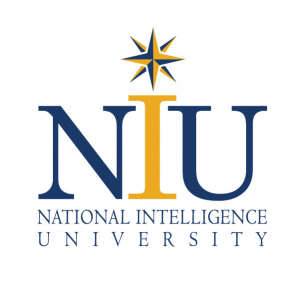Learning with Us
National Intelligence University offers a supportive and inspirational environment for enquiring minds to learn and grow. We strive to build confident and creative thinkers and aim at delivering an education that is truly relevant to their future.
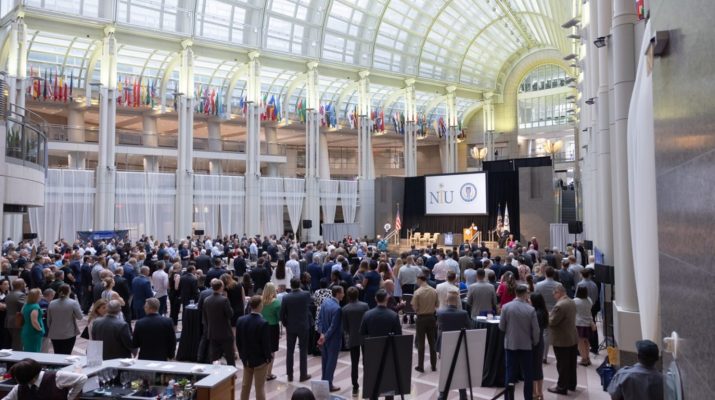 60th NIU Anniversary
60th NIU Anniversary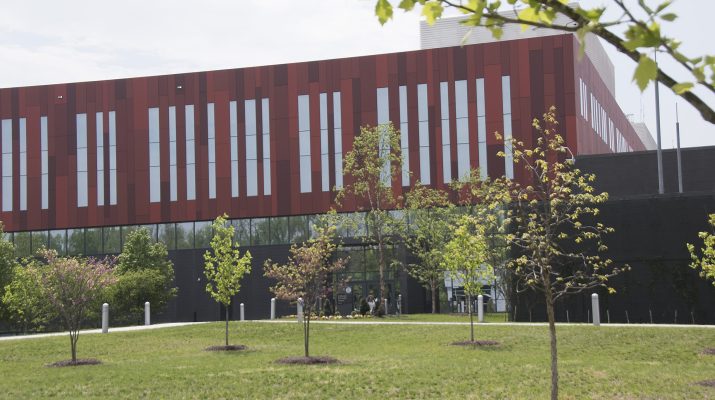 Intelligence Community Campus – Bethesda
Intelligence Community Campus – Bethesda 2024 – 2025 Academic Year
2024 – 2025 Academic Year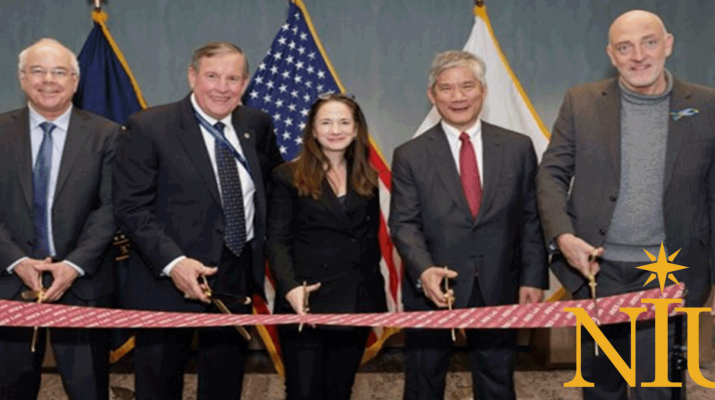 National Intelligence University’s Intelligence, Research, Education, and Solutions (iRES) Laboratory Ribbon cutting ceremony
National Intelligence University’s Intelligence, Research, Education, and Solutions (iRES) Laboratory Ribbon cutting ceremony National Intelligence University – Graduation 2023
National Intelligence University – Graduation 2023 National Intelligence University – Your University
National Intelligence University – Your University National Intelligence University – Your Time
National Intelligence University – Your Time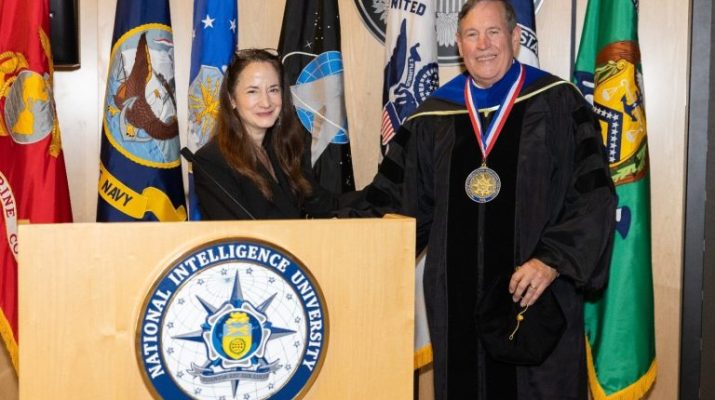

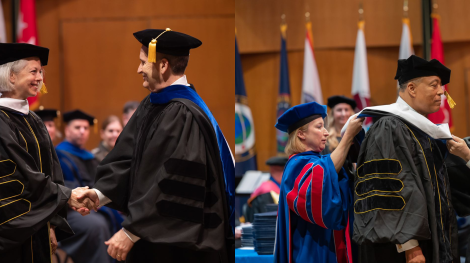 2023 NIU Graduation
2023 NIU Graduation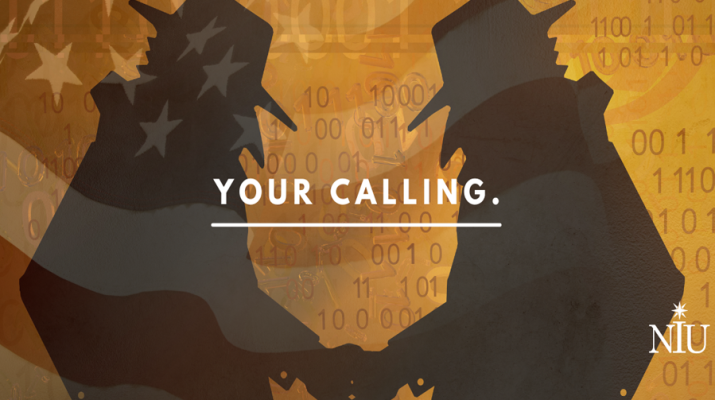 National Intelligence University – Your Calling
National Intelligence University – Your Calling
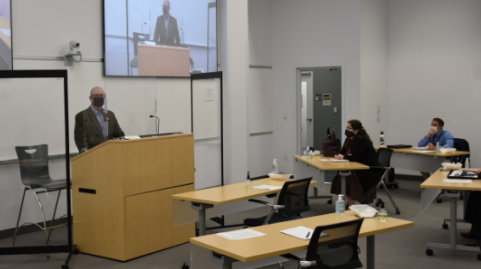 NIU Classroom course
NIU Classroom course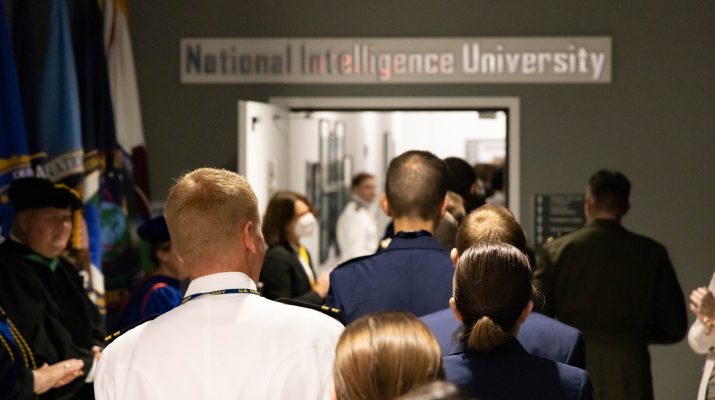 National Intelligence University
National Intelligence University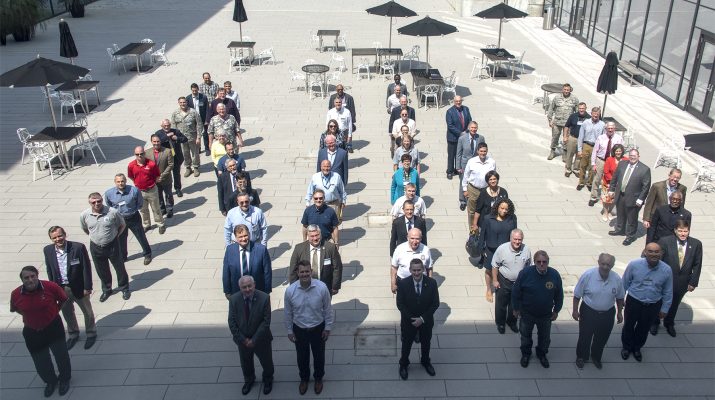
 2023 NIU Graduation
2023 NIU Graduation
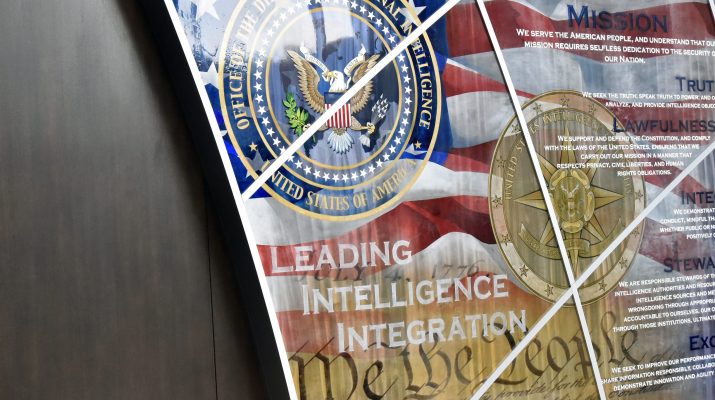
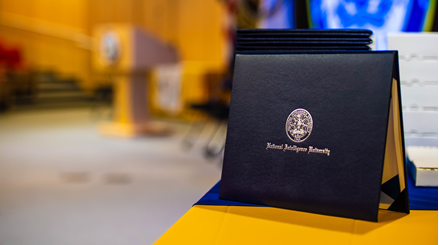 National Intelligence University Diploma
National Intelligence University Diploma
NIU Current Events
Click on the article images below to see full current NIU event articles.

NIU Opens Innovative, Unclassified Research Lab in Washington, D.C.
![]()
In a research lab above a Chevy Chase Cheesecake Factory and a T-Mobile, students, government employees, and experts from industry and academia are attempting to address some of the nation’s most pressing technological challenges.While the collaboration is inspired by a goal to strengthen partnerships in the National Intelligence Strategy released by the Office of the Director of National Intelligence (ODNI) ...
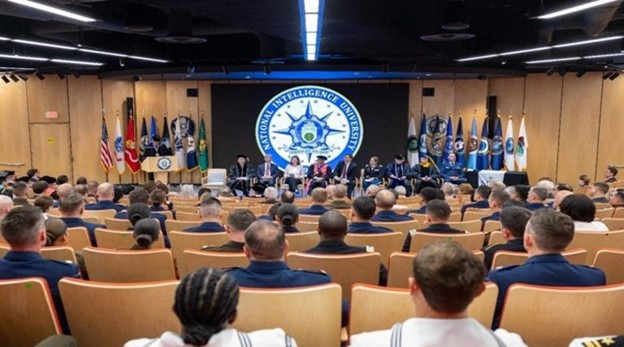
DNI Haines kicks off NIU’s 2024 Academic Year
![]()
The National Intelligence University Convocation and Installation of President Ceremony on August 25 marked the beginning of the academic year and formally installed Dr. John Ballard as NIU’s next president. More than 150 new students attended the convocation ceremony and over 700 intelligence and national security professionals began classes this fall at NIU’s main campus and academic centers...

Apply now for all NIU Academic Programs
![]()
NIU is the Intelligence Community’s accredited, federal degree-granting institution attended by intelligence and national security professionals from across the federal government who study and pursue solutions to the toughest national security challenges.
NIU is the Intelligence Community’s accredited, federal degree-granting institution attended by intelligence and national security professionals ...
Featured Research Publications
Research Shorts are a cross between conventional intelligence products and the shorter academic papers published by universities and think tanks. Research Notes fuse current events with a research insight. Though most of our Research Shorts and Research Notes appear within government channels, those below have cleared for public release. Articles are presented in PDF Format.

Why Define Intelligence?

For more than a half-century, government leaders, intelligence practitioners, and scholars have sought to define and redefine intelligence in the national security sense. The effectiveness of the US Intelligence Community (IC), without consensus on this basic term, begs the question: Does defining intelligence matter? The answer is an emphatic yes. Defining intelligence is critical for the IC and the nascent intelligence studies discipline. Achieving agreement on what intelligence is would better focus IC missions, authorities, resources, and oversight. Moreover, understanding what it should be is essential to envisioning and achieving an efficacious future intelligence enterprise to enable sound decisions in a rapidly changing world.
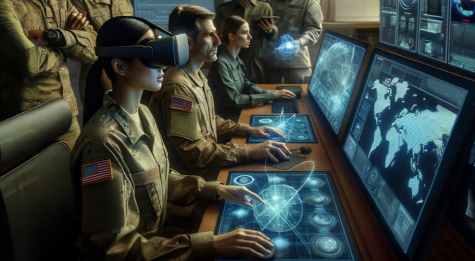
Integrating GenAI and Strategic Foresight for 21st Century National Security

Today’s political leaders are using military force as a go-to solution for geopolitical disputes in Ukraine, Gaza, and beyond. This assertiveness is not confined to isolated regions; it is an emergent global phenomenon. Victory in these and future conflicts requires pivoting to a foresight-based approach that informs strategies rooted in a deep understanding of complex global dynamics. Building a generative-artificial intelligence (GenAI)-powered “cognitive operating system” to navigate uncertainty can harness GenAI’s ability to synthesize vast arrays of data into coherent, actionable insights. Integrating GenAI with strategic foresight will bolster the US national security ecosystem’s capacity to think, act, and adapt in an unpredictable, ever-changing global landscape.

Blind Spots: Preventing Will-To Fight Intelligence Failure

Recent US failures to accurately evaluate “will to fight” in Afghanistan and Ukraine are said to derive from IC analytic deficiencies and a US military culture that prioritizes weapons and technology. However, they are rooted more in how the United States projects influence globally and structures its government. Intelligence customers and producers focus on military capabilities of friends and foes and on the intentions of foreign leaders, while focusing less on the will of the military forces and local populace. Ongoing efforts to improve analytic methods will not prevent recurring failures. Only institutional reforms within the national security and foreign policy communities to prioritize human influence and greater IC assertiveness in initiating long-term, in-depth collection and analysis on the human aspect will resolve this institutional blind spot.
